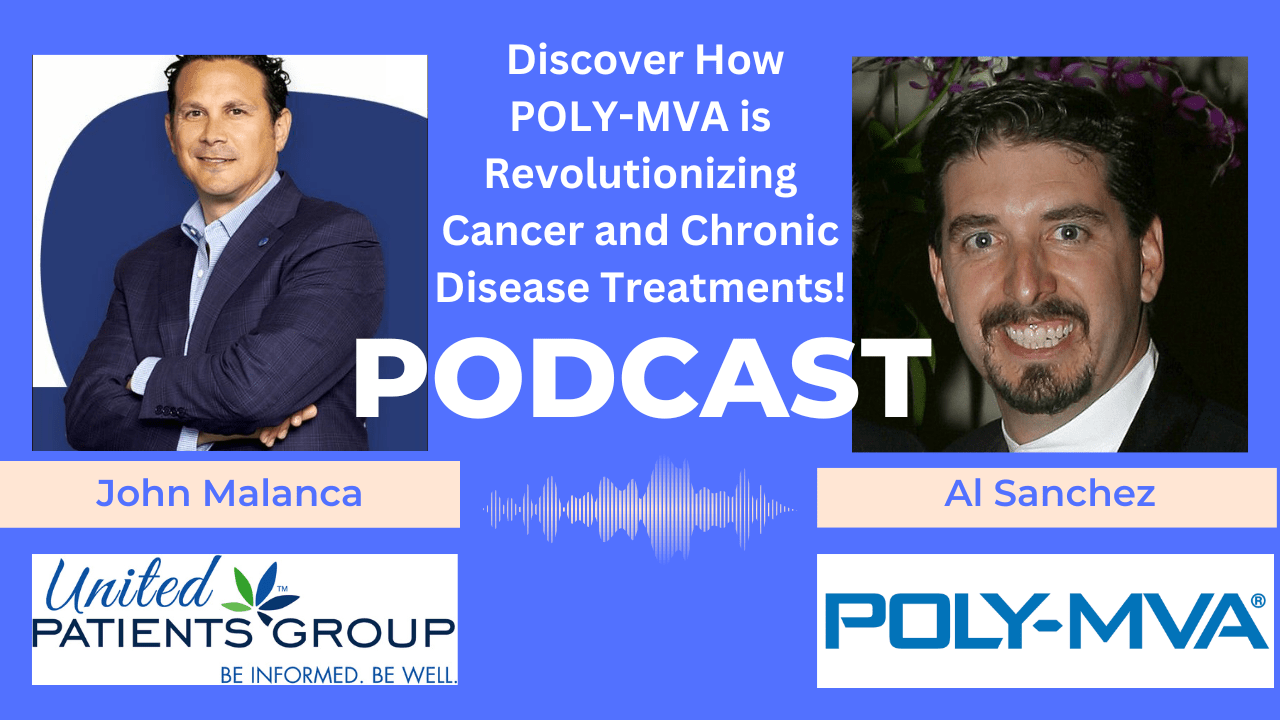Depression is a common mental health disorder affecting millions of individuals worldwide. While antidepressants and therapy are widely used to manage depression, some people turn to cannabis as an alternative treatment. Cannabis is a controversial topic, and its use for depression is not entirely clear. In this article, we’ll explore marijuana and depression and whether cannabis can treat depression.
What Is Depression?
Depression is a mental health condition affecting an individual’s emotions, thoughts, and behaviors. It is characterized by persistent feelings of hopelessness, sadness, and disinterest in activities that the person once enjoyed. Depression can affect anyone and significantly impact an individual’s overall well-being, relationships, and work performance.
How Does Cannabis Affect Depression?
The chemical composition of cannabis comprises cannabinoids interacting with the endocannabinoid system (ECS) in your body. This ECS is a complex network of neurotransmitters and receptors that regulate several physiological functions, including sleep, appetite, and mood. The two primary cannabinoids found in cannabis are THC, responsible for the psychoactive effects or the “high” feeling, and CBD, which does not produce any psychoactive effects.
Some studies suggest that cannabis can alleviate symptoms of depression, while others suggest the opposite. More studies are needed to fully understand how cannabis affects depression and whether it is an effective treatment.
The Potential of Cannabis Use for Depression
While the research on cannabis and depression is still limited, there is potential for cannabis use in managing symptoms of depression. THC, the psychoactive compound in cannabis, has been shown to have short-term antidepressant effects by increasing levels of a person’s dopamine and serotonin in their brain. However, the long-term effects of THC on depression are not entirely clear, and some studies suggest that it may worsen symptoms over time.
CBD, on the other hand, does not necessarily result in psychoactive effects and has shown promise in managing anxiety and stress, which are common symptoms of depression. Overall, while the potential of cannabis use for depression is a topic of ongoing research, it is imperative to consult with a healthcare professional prior to usage.
Risks Associated with Cannabis Use for Depression
While some people use cannabis to manage depression, it is not without risks. Cannabis use can have short- and long-term effects on the body and mind. Short-term effects include altered senses, impaired memory, and difficulty thinking and problem-solving. Long-term use can lead to addiction, respiratory problems, and mental health disorders.
Alternative Treatments for Depression
Of course, depression is a treatable condition, and there are various treatments available, including therapy and medication. Cognitive-behavioral therapy (CBT) is a popular treatment for depression that involves identifying negative thought patterns and replacing them with positive ones. Antidepressants are also commonly prescribed to manage depression. These medications work by altering the brain’s chemistry to regulate mood.
Lifestyle changes can also alleviate symptoms of depression. Regular exercise, a healthy diet, and getting enough sleep can improve mood and reduce stress levels. Additionally, mindfulness practices such as yoga and meditation can help manage symptoms of depression.
Conclusion
Depression is a severe mental health disorder that can impact an individual’s life in many ways. While cannabis may offer short-term relief from symptoms of depression, its long-term effects are not entirely clear. Individuals with a history of depression or other mental health disorders should consult with their doctor before using cannabis as a treatment.
If you are looking for cannabis-friendly doctors, turn to United Patients Group, the leading source for patient information on medical marijuana featuring medical insights, reliable recommendations from industry experts, and lab-tested product reviews. Book a cannabis consultation.
Here are some safe and tested products you may find helpful.







































Leave a Reply Cancel reply